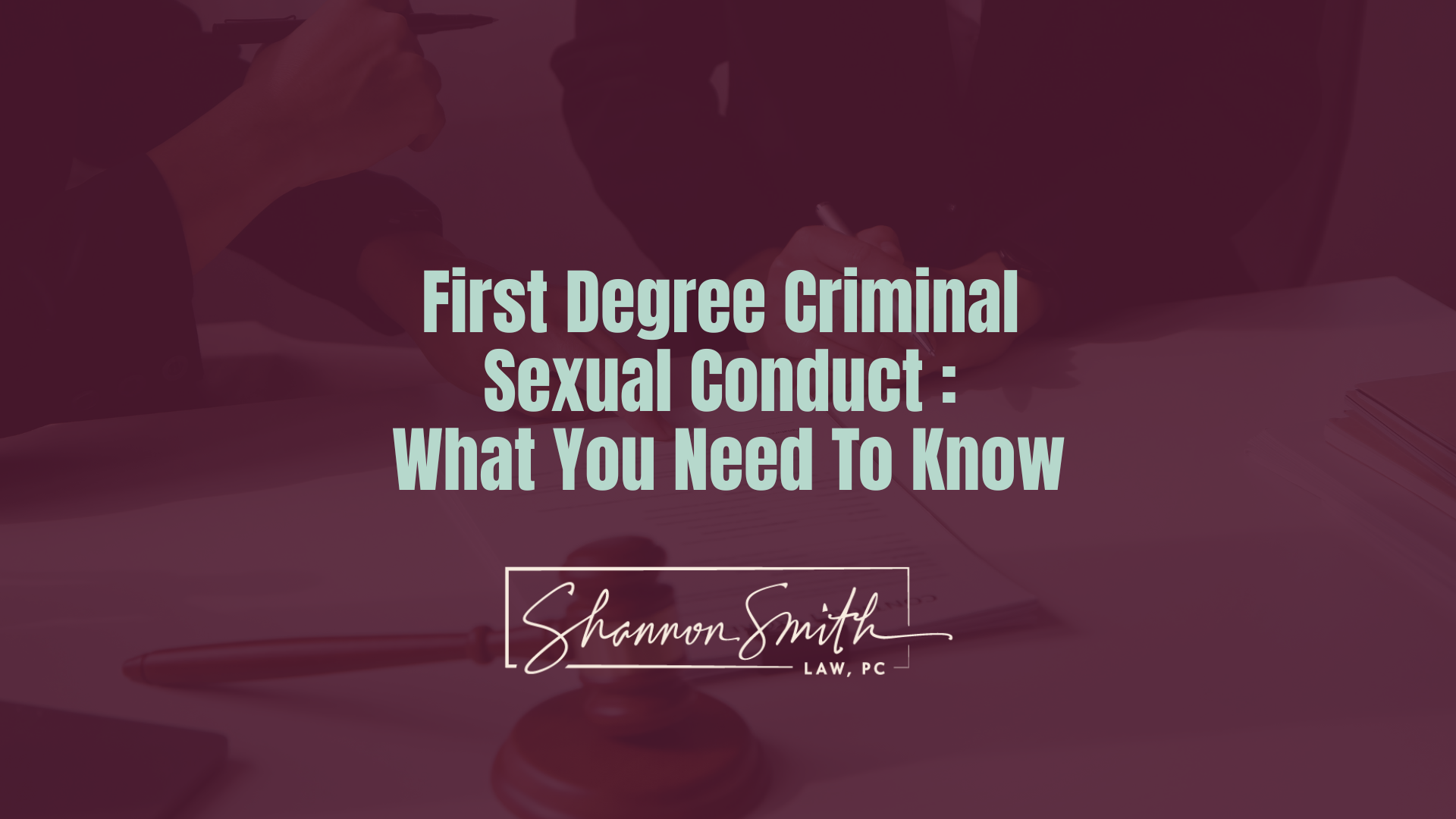An article was released this month in the Washington Post, which can be found here, that features some information on parole boards and a specific case from Michigan.
Michigan law, specifically MCL 791.233, which governs parole, states: “A prisoner shall not be given liberty on parole until the board has reasonable assurance, after consideration of all of the facts and circumstances, including the prisoner’s mental and social attitude, that the prisoner will not become a menace to society or to the public safety.” Parole boards in Michigan, and throughout the United States, have very high discretion when it comes to which prisoners are released on parole, and which ones stay. In 26 states, Michigan included, parole boards have nearly unlimited discretion. They have more power than a judge and a jury, because they determine the real length of a sentence for prisoners.
In Michigan, when a person is sentenced, he or she is sentenced to a range of time. For example, depending on the sentencing guidelines and variations of the crime, a person who commits second-degree criminal sexual conduct could be sentenced to serve 5 – 15 years in prison. After a term of years served, prisoners are eligible for release through parole.
Once eligible, a member of the board interviews the prisoner prior to an actual parole hearing. At the hearing, three members of the parole board make the decision to grant parole by a majority vote. However, only a small fraction of those who are eligible for parole are actually granted parole. Most parole board members focus on two variables when making decisions, those being the severity of the crime and the type of crime.
As you can imagine those convicted of criminal sexual conduct, especially any conviction where a minor was the victim, poses a problem for those asking for parole. Criminal sexual conduct convictions are stigmas both in prison and outside of prison. Many of those convicted of criminal sexual conduct maintain their innocence throughout trial and after convictions as they pursue appeals. Those who maintain their innocence while applying for parole are especially in danger of being denied parole. Parole boards tend to hold it against a person when innocence is maintained; they have the mentality that innocent people don’t go to prison.
Smith Blythe, PC recognizes that not everyone sitting in prison is guilty of the crime that he or she has been convicted of. Some defendants are offered plea-bargains that they cannot refuse over the risk of going to trial and getting handed a higher sentence, even though they continually maintain their innocence. Our office focuses on sex crimes, and we handle everything from pre-warrant issues to sex offender registry issues, and everything in between. Our office is also familiar with the parole process for those convicted of criminal sexual conduct and knows the strategy to get around parole board issues for the innocent. If you or a loved one is facing charges of criminal sexual conduct, or has already been charged and is looking for post-conviction relief or parole help, contact our office to set up a consultation.




